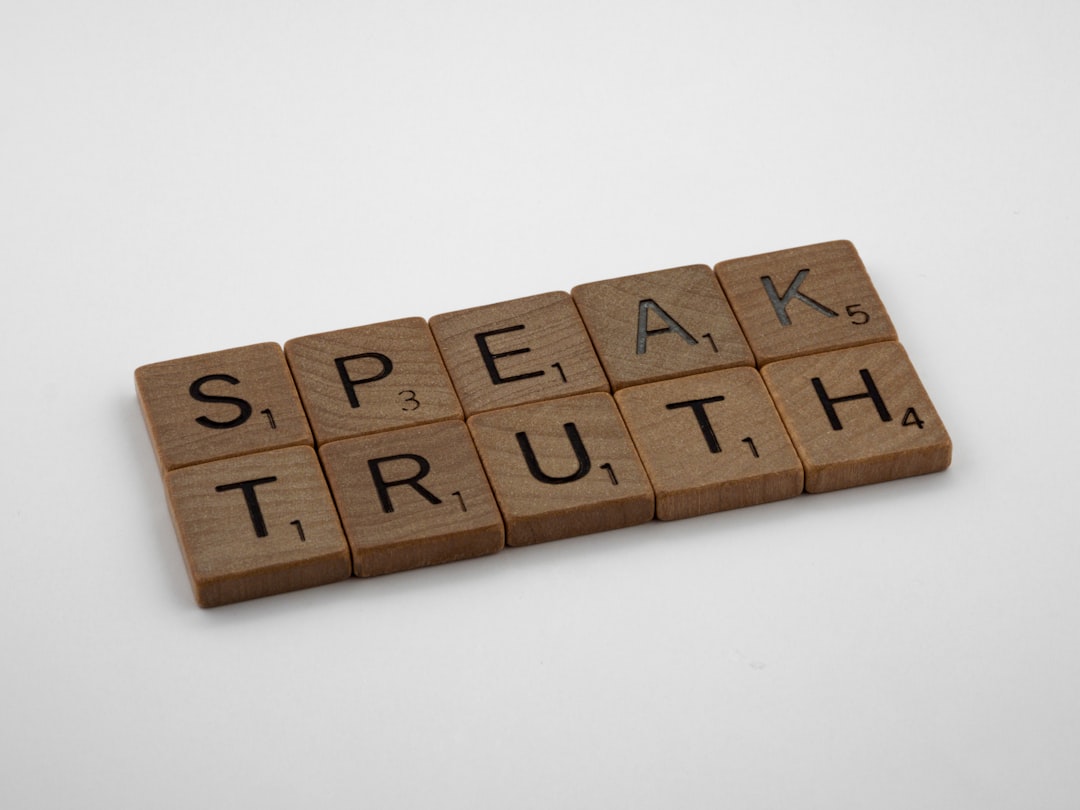Everyone lies, right?
Unraveling the Web of Deception We Create

Everyone lies, right?
It's unfortunate but true. Lying has been with us since the beginning of time. While telling lies may seem like inevitable to human nature, this doesn't make it right. Or healthy. But by understanding the reasons behind our dishonesty and its negative effects on our lives, we can work toward cultivating authenticity and fostering honest connections with others.
The Garden of Eden
The story of Adam and Eve in the Garden of Eden serves as a powerful illustration of our own struggles with truth and deception. When tempted to disobey God and eat from the Tree of Knowledge of Good and Evil, they lie and hide their actions. And we have followed suit ever since. This decision led to consequences not just for themselves but for all of humanity. Their story is a powerful reminder of the importance of honesty and the potential consequences of dishonest behavior.
The Reasons We Lie
We lie to ourselves and others for many reasons. Sometimes, we lie to maintain a sense of control in situations where we feel powerless. We may also lie to gain acceptance and validation from those around us so we can present an image we think others will find more appealing. And lastly, dishonesty can act as a defense mechanism we use to shield us from emotional pain, rejection, or disappointment.
The Detriments of Lying
Consider “Sarah,” who struggles with her self-image. She feels the need to exaggerate her accomplishments to impress her friends. But over time, her friends begin to question her stories which ultimately damages their trust and strains their relationship with Sarah. This example of exaggeration is no exaggeration.
When we lie, we jeopardize trust. The strain of it can eventually break even the strongest relationships. Trust is the foundation of any healthy relationship. But we also pay a personal price. Maintaining a false persona is exhausting and can lead to guilt, shame, and a weakened sense of self-worth. Lying to ourselves also hampers our ability to learn from our experiences and grow as individuals.
Cultivating Authenticity
There are several practical steps we can take to embrace authenticity and foster genuine connections. First, we can practice vulnerability by opening up to those closest to us. Share your fears, insecurities, and dreams. This habit helps you accept your true self and shows others that they are not alone in their struggles.
In addition, remember that everyone—including you—makes mistakes. No one is flawless. Embracing our imperfections makes us more compassionate towards ourselves and others. So treat yourself with kindness and understanding. And recognizing that you deserve love and respect even when you fall short.
The journey to authenticity may not be easy. But the rewards of living a genuine life far outweigh the challenges. As we strive to be more honest with ourselves and others, we can experience deeper connections, personal growth, and greater fulfillment. Just as Adam and Eve's story in the Garden of Eden illustrates our struggles with truth and deception, we should remember that we are not alone in this journey. Together, we can create a world where authenticity triumphs over duplicity. ◼︎
LEARN MORE

